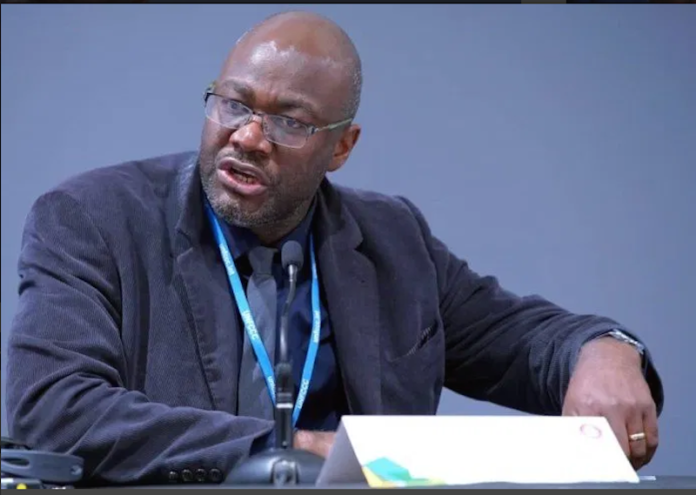The President and Chairman of the Board of Trustee (BoT) of the Society for Planet and Prosperity (SPP), Nigeria, Prof Chukwumerije Okereke, has said that climate change has created significant environmental problems in Nigeria, affecting all regions and socioeconomic classes, hence that for Nigeria to meet its climate and sustainable development goals, state-level action is crucial.
He said for Nigeria to effectively combat climate change and advance sustainable development, state-level initiatives must complement federal policies.
He noted that the 2024 heat waves were a stark reminder of climate change’s impact, causing considerable stress on commercial farmers and threatening food security, as well as the Niger Delta facing persistent oil spills leading to severe soil and water pollution, while the Northern regions struggled with drought and desertification.
He said, “Climate change impacts are primarily felt at the sub-national level in Nigeria. Therefore, effective climate action must be localised. Despite the presence of comprehensive federal policies such as the Climate Change Act and the Energy Transition Plan, there is a glaring absence of similar frameworks at the sub-national level. For Nigeria to meet its climate and sustainable development goals, state-level action is crucial.”
He disclosed that the SPP, in collaboration with the Nigerian Governors Forum (NGF) and the Department of Climate Change (DCC), conducted a survey on sub-national climate impacts, actions and policies which engaged diverse stakeholders, and that as a result, the “Climate Impacts, Policies and Actions at the Sub-National Level in Nigeria” was launched in Abuja last year.
Prof Okereke further said, “The report found that eight states: Nasarawa, Plateau, Yobe, Jigawa, Anambra, Ebonyi, Ondo and Ogun, allocated budgets for climate projects in 2023. Additionally, 13 states and the FCT have developed climate action plans. Lagos, Enugu and Rivers have even established dedicated climate change offices, with Rivers being the only state to pass a Climate Change Bill into law.”
While noting that the developments were promising as it was essential to monitor and evaluate state-level efforts to ensure they achieved their goals, he said SPP, in collaboration with the federal government, had worked closely to initiate an annual ranking of climate change governance at the sub-national level.
He said, “This ranking will assess administrative structures, budget allocations, policies, action plans and other metrics. The inaugural ranking will be released on July 25, 2024, in Abuja, recognising the hard work of the three top states and highlighting areas needing improvement and encouraging better climate action across states.”

 Join Daily Trust WhatsApp Community For Quick Access To News and Happenings Around You.
Join Daily Trust WhatsApp Community For Quick Access To News and Happenings Around You.


